Loan Documentation
Negotiate loan documentation from both the financier and borrower perspectives

Early Bird Discount
Save 10% when you book by 22 April 2024
Sign up now for the Loan documentation course
This course is a deep dive into the documentation used in corporate loans, both bilateral and syndicated. Whilst the principal focus is on the loan agreement, the course also takes a careful look at the clauses in guarantees and the legal issues associated with term sheets, security structures, insolvency, and letters of comfort.
The course aims to give practical guidance to lenders and borrowers with extensive use of illustrative examples, case precedents, and challenging exercises.
Learn how to
- Negotiate loan documentation from both the financier and borrower perspectives
- Interpret various clauses under common law
- Draft and negotiate guarantees and letters of support (with enforceability issues and potential pitfalls)
- Use different types of securities including mortgages, pledges, liens, constructive trusts, fixed and floating charges, mortgage debentures, and security over property, shares and insurance assignments
Case studies and practical sessions
- Indicative offer letters
- Loan agreements
- Guarantees
- Letters of comfort
- Mortgage debentures (fixed and floating charges)
- Other forms of asset, including property, shares and insurance assignments
Why choose IFF?
- TRACK RECORD – we have over 30 years of experience in providing training to the banking, finance and energy sectors
- KNOWLEDGE – all of our trainers are highly experienced practitioners and leading subject matter experts
- VALUE – we provide a practical training experience with skills that can be used immediately
LEARN MORE ABOUT THIS TRAINING COURSE
Run this course in-house
International Faculty of Finance's customised training solutions have helped organisations deliver tailored learning in different languages to suit every requirement.
CPD certified
Engaging in Continuing Professional Development ensures that both academic and practical qualifications do not become out-dated or obsolete; allowing individuals to continually ‘up skill’ or ‘re-skill’, regardless of occupation, age or educational level. This course has been assessed and is CPD certified.






